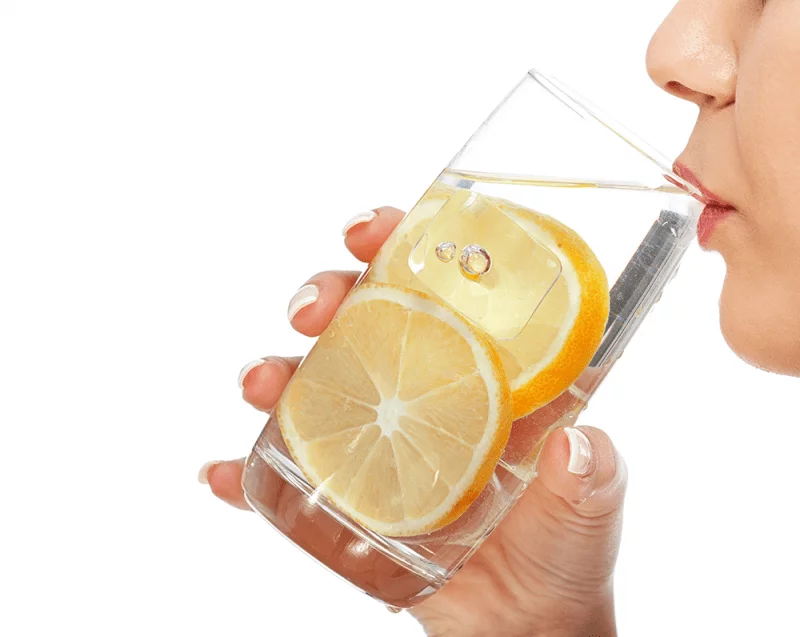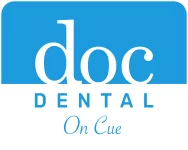How What You Eat Affects Your Teeth

When most of us think of the affect of food on our teeth, we probably think of the age-old wisdom that sugar causes tooth decay. And while sugar is a notorious culprit, there are many other ways that the foods you eat affect your teeth, and not all of it is bad news.
First of all, it’s good to review how sugar actually causes cavities. It’s not the sugar itself that’s responsible for decay. Sugar acts as a food source for bacteria on your teeth and gums, which digest it and turn it into an acidic byproduct you’ve probably already heard of, called plaque. Plaque is sticky and adheres to your teeth, where its acids start to dissolve the hard outer layer of your teeth called enamel. Bacteria can then get into this hole in the enamel and start to destroy the inside of the tooth, causing toothaches and abscesses that require treatment from your dentist (root canals, tooth extractions, etc). Clearly, it’s a good idea to avoid sugar as much as possible and to brush and floss thoroughly after consuming sugary foods.
Getting the right amount of Vitamin C is essential to keeping teeth healthy. Citrus fruits like oranges, lemons, limes and grapefruit are packed with Vitamin C, but it is also found in bell peppers, broccoli, and dark leafy greens like spinach. Vitamin C deficiency is known as scurvy, and its symptoms include weak, spongy gums and eventual tooth loss. (In the old days, British sailors acquired the nickname Limeys because of the citrus juice that was added to their daily rations in an attempt to stave off scurvy. Compared to sailors from other countries, these Limeys were missing fewer teeth!). Vitamin C is also essential to keeping your immune system strong and therefore more capable of fighting off infections that may develop in your mouth.
Even though citrus is a great source of Vitamin C, be careful about consuming too much orange juice or lemon-infused water, which has been touted for many other possible health benefits. Citrus is very acidic, and acidic drinks and foods can erode the enamel of your teeth and cause tooth decay just like bacteria. Other acidic foods to consume with caution include wine, coffee, tomato-based foods (ketchup, pasta sauce, salsa, etc.) and sodas and energy drinks (especially diet varieties).
Foods that are high in antioxidants and other nutrients are known to reduce inflammation and help the body fight bacteria. These can also have a positive impact on your oral health. Examples of such foods are fruits, vegetables, legumes (beans, lentils, etc.) and nuts. Foods that are high in calcium and vitamin D, such as milk and cheese, can also help strengthen your teeth from the inside. These same nutrients will also help strengthen your bones, including your jawbone, which holds your teeth securely in place.
Essentially, most of the food choices that are good for your overall health are also good for your dental health. A balanced diet that includes vitamins and calcium and avoids excessive amounts of sugar, alcohol, or diet sodas will help keep your smile happy and healthy. If you have any questions about which food choices may help or hurt your teeth, feel free to ask us during your next visit to the dental clinic.
